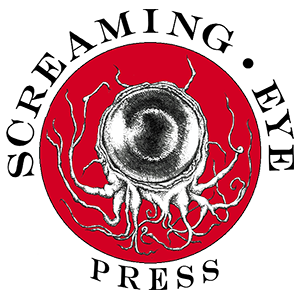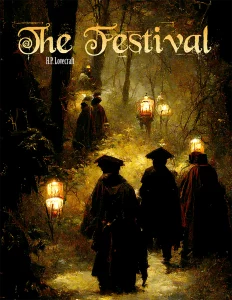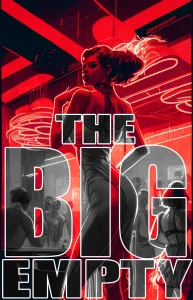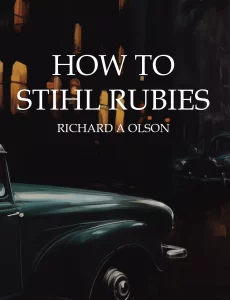 The Repairer of Reputations by Robert W. Chambers
The Repairer of Reputations by Robert W. Chambers
A man recently released from an asylum after a head injury, believes he is destined to rule the world.





 A Haunted Island by Algernon Blackwood
A Haunted Island by Algernon Blackwood  Art’s Work By Thomas M. Malafarina
Art’s Work By Thomas M. Malafarina  Dead Airwaves Episode 5: Goya’s Masterpiece
Dead Airwaves Episode 5: Goya’s Masterpiece  Dead Airwaves Episode 4: Plague Studies
Dead Airwaves Episode 4: Plague Studies  It Came Upon A Midnight Clear By Thomas M. Malafarina
It Came Upon A Midnight Clear By Thomas M. Malafarina  Daniel Dread Episode 3: Chiming In
Daniel Dread Episode 3: Chiming In  Straight Jacket Justice By Lothar Tuppan
Straight Jacket Justice By Lothar Tuppan  Dead Airwaves Episode 3: Tap, Tap, Tap
Dead Airwaves Episode 3: Tap, Tap, Tap  Dementia By Kesenia Murray
Dementia By Kesenia Murray  Daniel Dread Episode 2: Tiki Baby
Daniel Dread Episode 2: Tiki Baby  Dead Airwaves Episode 2: A Sacce for Sale
Dead Airwaves Episode 2: A Sacce for Sale 










